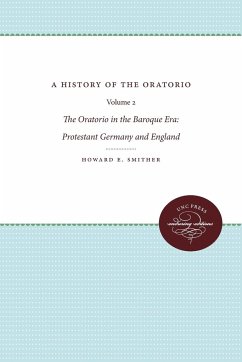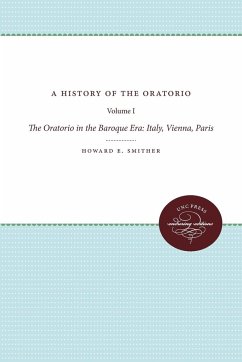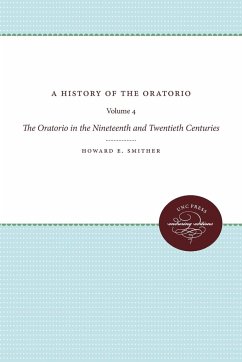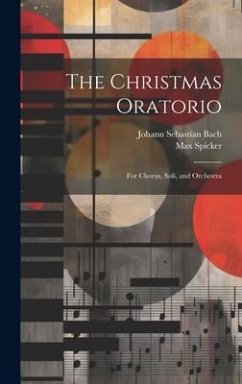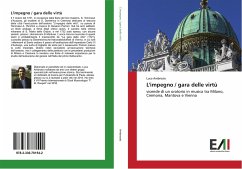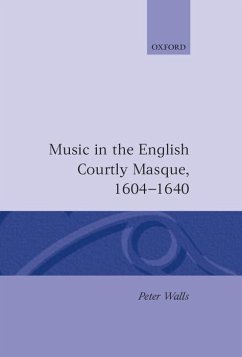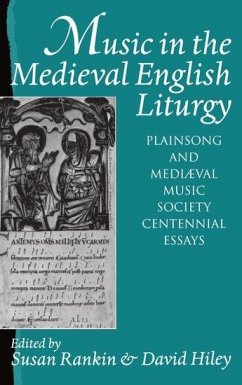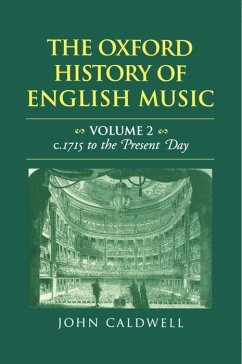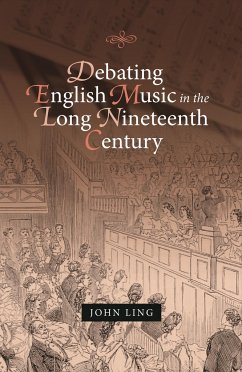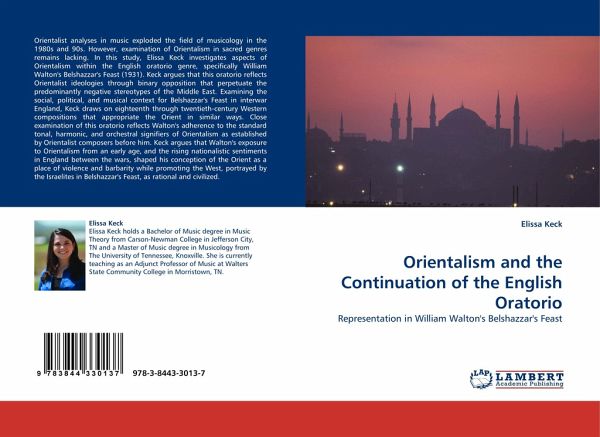
Orientalism and the Continuation of the English Oratorio
Representation in William Walton's Belshazzar's Feast
Versandkostenfrei!
Versandfertig in 1-2 Wochen
32,99 €
inkl. MwSt.

PAYBACK Punkte
16 °P sammeln!
Orientalist analyses in music exploded the field of musicology in the 1980s and 90s. However, examination of Orientalism in sacred genres remains lacking. In this study, Elissa Keck investigates aspects of Orientalism within the English oratorio genre, specifically William Walton's Belshazzar's Feast (1931). Keck argues that this oratorio reflects Orientalist ideologies through binary opposition that perpetuate the predominantly negative stereotypes of the Middle East. Examining the social, political, and musical context for Belshazzar's Feast in interwar England, Keck draws on eighteenth thro...
Orientalist analyses in music exploded the field of musicology in the 1980s and 90s. However, examination of Orientalism in sacred genres remains lacking. In this study, Elissa Keck investigates aspects of Orientalism within the English oratorio genre, specifically William Walton's Belshazzar's Feast (1931). Keck argues that this oratorio reflects Orientalist ideologies through binary opposition that perpetuate the predominantly negative stereotypes of the Middle East. Examining the social, political, and musical context for Belshazzar's Feast in interwar England, Keck draws on eighteenth through twentieth-century Western compositions that appropriate the Orient in similar ways. Close examination of this oratorio reflects Walton's adherence to the standard tonal, harmonic, and orchestral signifiers of Orientalism as established by Orientalist composers before him. Keck argues that Walton's exposure to Orientalism from an early age, and the rising nationalistic sentiments in England between the wars, shaped his conception of the Orient as a place of violence and barbarity while promoting the West, portrayed by the Israelites in Belshazzar's Feast, as rational and civilized.



